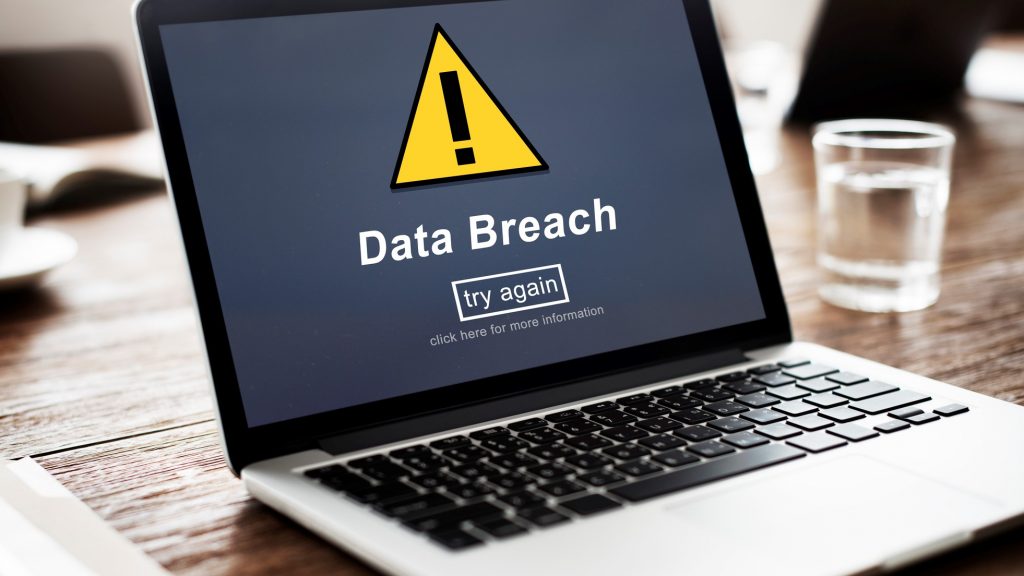September 26, 2024
Here’s a scary headline: “Massive data breach may be even worse than suspected.” That’s from a recent article in the Los Angeles Times about so-called “security incident” (a suspicious understatement by the breached company, Florida-based National Public Data) involving a hacking group called USDoD that succeeded in stealing the personal records of an estimated 2.9 billion people. That’s considerably more than one-third the population of Earth.
The thieves made off with a trove of sensitive information—everything from phone numbers, physical addresses and birthdates to email addresses and social security numbers— and tried to extort $3.5 million for not making it public, therefore exposing 2.9 billion people to potential identity theft and a host of scams ranging from phishing to social engineering.
Scariest line of a scary story: “None of the information was encrypted.”
“What makes this breach a little bit different is some of the data is also about relationships — so who are your family members, who are people that you’ve worked with — and this makes consumers susceptible to all sorts of other types of attacks,” McAfee CTO Steve Grobman told one local media outlet.
Grobman went on to warn that AI could make everything worse by enabling cybercriminals to more easily impersonate loved ones and other relatives through, for instance, a phone call asking for money.
“The exact same thing is true for work,” he added. “So because it’s such a massive data dump with things including where people work and have previously worked, you can get an email from what comes across as a former colleague saying that they’re on hard times, asking for money or asking for you to be a reference for a job, but the reference company needs additional information.”
It is, in short, a mess. But while the National Public Data debacle might be the biggest and most worrisome breach in recent memory, it’s hardly the only one.

“The COVID-19 crisis led to many organizations facing more cyberattacks due to the security vulnerability of remote work as well as the shift to virtualized IT environments, such as the infrastructure, data, and network of cloud computing,” Statista analysts said earlier this year.
Staying vigilant and being proactive—with the help of internal cybersecurity specialists or outside experts—are the only effective ways to combat this worsening scourge.
Here are the two other most recent major security breaches—cautionary tales about why cybersecurity should always be a top priority for individuals and businesses alike as we head toward 2025, when financial damage from cybercrime is expected to hit $10.5 trillion on its way to nearly $14 trillion over the next few years. Of course, there are also plenty of smaller breaches that cause the tally to keep ticking upward. Even as this blog post is being written, the hits keep coming.
Ticketmaster Entertainment—May 2024
“On May 20, 2024, Live Nation Entertainment, Inc. identified unauthorized activity within a third-party cloud database environment containing Company data (primarily from its Ticketmaster L.L.C. subsidiary) and launched an investigation with industry-leading forensic investigators to understand what happened,” the official SEC incident report reads in part. “On May 27, 2024, a criminal threat actor offered what it alleged to be Company user data for sale via the dark web.”
The perpetrators, a hacker group that calls itself ShinyHunters, is a known and credible entity according to experts. “Its chief aim appears to be to obtain personal records and sell them,” the New York Times reported. “Its past victims have included Microsoft and AT&T, among dozens of other companies in the United States and elsewhere, according to federal prosecutors.”
Stolen information included credit card numbers and ticket sales of 560 million Ticketmaster customers. The ransom demand for not releasing any of the sensitive data: $500,000. No one knows exactly when the breach occurred.

Dell—May 2024
This attack (by an entity dubbed “Menelik”) ensnared significantly fewer people than the Ticketmaster and National Public Data breaches impacted, but 49 million is nothing to scoff at. And it came on the heels of yet another breach that exposed customer names and addresses.
“The threat actor said he registered with several different names on a particular Dell portal as a ‘partner’,” TechCrunch reported in May. “A partner, he said, refers to a company that resells Dell products or services. After Dell approved his partner accounts, Menelik said he brute-forced customer service tags, which are made of seven digits of only numbers and consonants. He also said that “any kind of partner” could access the portal he was granted access to.
“[I] sent more than 5,000 requests per minute to this page that contains sensitive information,” told the website. “Believe me or not, I kept doing this for nearly 3 weeks and Dell did not notice anything. Nearly 50 Million requests…After I thought I got enough data, I sent multiple emails to Dell and notified the vulnerability. It took them nearly a week to patch it all up.”
Headquartered in the Chicago suburb of Downers Grove, Mindsight offers fully managed IT services for organizations in a variety of industries. From cybersecurity to cloud, infrastructure to unified communications, our expert-only solution architects and engineers become an extension of your team, committed to your success.